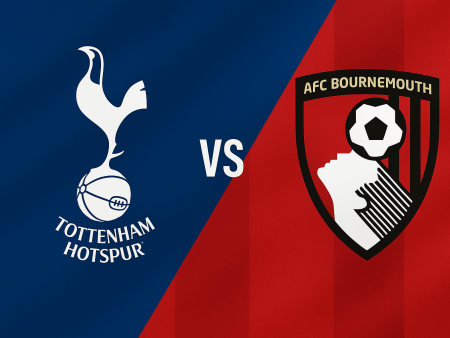Understanding the Role of a Performance Analyst in Football
In the fast-evolving world of football, the term “performance analyst” is becoming increasingly prominent. A performance analyst is a specialist who focuses on the tactical, technical, and psychological components of the game through both quantitative data—such as statistics and metrics—and qualitative insights, like video reviews and expert opinions. Interestingly, many performance analysts rarely step on the pitch themselves; instead, they operate behind the scenes, examining everything that impacts player and team performance.
The Broad Scope of Football Performance Analysis
Performance analysis extends far beyond simply evaluating match footage or compiling post-game reports. Professionals in this field assess a wide range of factors, including:
– Training methodologies and their effectiveness
– Player psychology and mental readiness
– Fitness levels, conditioning, and injury prevention
– Preparation tactics before matches
– Scouting future opponents and potential recruits
– Detailed data and statistical analyses
– Individual player performance, strengths, and weaknesses
To excel, modern analysts must be versatile. Their toolkit often includes presentation skills, video editing capabilities, effective communication, and mathematical acumen. This broad skill set allows them to be invaluable resources for clubs aiming to gain a competitive edge.
Why Employ a Dedicated Performance Analyst?
Given that managers and assistant coaches are already involved in tactical decisions, you might wonder what unique value a performance analyst brings. When integrated properly, performance analysis substantially enhances a coaching staff’s understanding of the team. Analysts provide deeper, unbiased insights that help maximize both team and individual development.
For example, Adam David of Maccabi Haifa FC—featured on a prominent football analytics podcast—explains how he customizes his reports to fit the preferences of different players. Some athletes want detailed information about their opponents, while others prefer a less structured approach, adjusting as the game unfolds. This personalization empowers players to prepare in ways that suit their individual learning styles.
Objectivity Through Remote Analysis
Objectivity is crucial in performance analysis. Employing analysts who work independently or off-site can yield more impartial assessments of a team’s strengths, weaknesses, and tactics. Without daily, in-person exposure, remote analysts offer fresh perspectives, identifying trends or issues that might be overlooked by those immersed in the day-to-day operations of the club.
Developing Expertise in Football Analysis
The demand for skilled analysts has led to a rise in comprehensive training programs. These range from introductory courses to advanced workshops, covering every aspect of the analyst’s role. Individuals interested in career development or simply enhancing their tactical understanding of football can benefit from structured learning opportunities.
Whether aiming to join a professional club, write tactical articles, or simply impress peers with in-depth knowledge, such courses equip learners with skills like:
– Analyzing team and individual performance metrics
– Conducting scouting and talent recruitment assessments
– Producing match reports that separate facts from biases
– Utilizing video and data analytics software to visualize tactical concepts
Instruction is often delivered by seasoned football professionals who share not only theoretical foundations but also practical tips and industry insights.
What You Can Gain from Studying Performance Analysis
Investing time in football analysis education delivers a range of professional and personal benefits, including:
– A strong grasp of modern football tactics and analysis methods
– Knowledge of best practices for delivering clear, impactful reports
– Strategies to build a standout profile in scouting, match analysis, or data analytics
– Opportunities to build a professional network within the football community
– Guidance that accelerates entry into a football analysis career
Conclusion: The Rising Impact of Performance Analysis in Football
Performance analysts play a pivotal part in the modern game. Their multidisciplinary approach—blending tactical knowledge, psychological understanding, statistical analysis, and tech-savvy presentation—offers clubs an edge in preparation, recruitment, and player development. As football continues to integrate data-driven decision-making, the expertise of performance analysts will only grow in relevance and impact across all levels of the sport.








